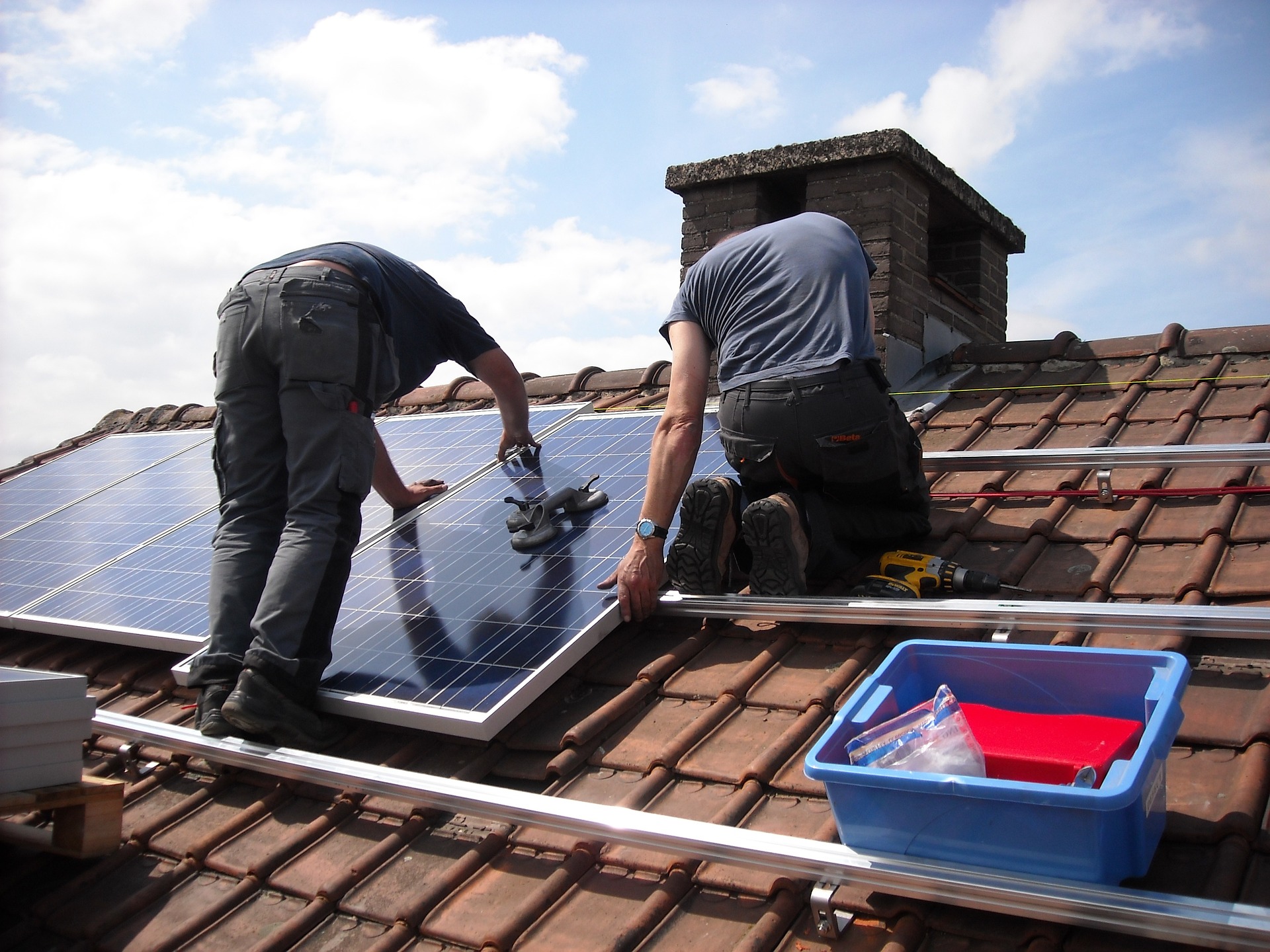 Save money on your increasing energy bills by generating your own clean electricity.
Save money on your increasing energy bills by generating your own clean electricity.
Solar electricity is free electricity from sun and environment friendly which will not leave the carbon foot print for the coming generation.
Help keeping the environment clean and green.
Thanks to rebates offered by the Federal Government under the RET scheme, solar panels are much more affordable for Australian homeowners, businesses and community groups.
Be rewarded with feed-in tariffs. If your solar system generates more power than you need, you have the potential to be reimbursed for any electricity your system feeds back into the grid, thanks to State Government feed-in tariffs (FITs). A feed-in tariff is a buy back rate paid on a net basis for any excess power your system produces that you don’t first use in your home. Feed-in tariffs are designed to encourage more Australians to generate their own electricity and vary by state.
THERE ARE 5 MAIN QUESTIONS YOU SHOULD ASK WHILE CHOOSING RIGHT INSTALLER.
HOW MUCH WILL IT COST ME?
Cost is the most important factor in choosing the right solar panel from consumer’s point of view. Looking at the solar system prices in Australian market it is highly confusing and difficult for the consumers to make decision whether they should spent big dollars on solar system or they should not risk buying cheap solar panels.
1.5kw solar system with 1.5kw inverter can vary from $3500 to $6000 depending on the factors like maximum output, watts, cell efficiency, warranty, brand and many other factors.
HOW LONG WILL IT LAST?
The durability of a solar panel system is very important factor. You should expect a solar panel to last long enough to pay for itself in power generation. Will the system last long enough to pay itself off and give you the power generation even after that?
Most of the solar companies provide you will 25 years of warranty which covers 5 years product warranty along with 10 years of 90% output warranty and 20 years of 80% output warranty. Most of the inverters come with 5 years of product warranty.
If any solar panel is giving 10 years of product warranty that will be an advantage to it compare to other panels.
HOW EFFICIENT IS IT?
Energy efficiency is an important factor when choosing appliances and systems for your home, there are still debate on the efficiency of one type of solar panel versus others
It is important to remember that solar panels are producing power according to their wattage, so a 200 Watt solar panel will produce 200 Watts regardless of its “energy efficiency” rating. Putting more number of panels doesn’t mean it will make more electricity as compare to less number of panels. For example 8 panels of 250 watt each will make 2kw per hour while 10 panels of 190 watt each will make only 1.9kw per hour. So total electricity in kw will depend upon number of hours it is exposed to sun and also the system wattage.
IS THE SOLAR PANEL SUITABILITY FOR YOUR CLIMATE?
You can ask your solar installer that the solar panel you are buying are these tested on harsh Australian climate like hail, wind, chemical etching and heavy rain. Some panels which are performing good in other countries doesn’t mean they will perform better in Australian climate as well. As climate conditions for the countries could be different.
HOW MUCH POWER OR PANELS DO YOU NEED?
Most solar panels are priced by dollars per Watt. Watt refers to the output or power of a panel; for example a 100 Watt panel would be able to produce 100 Watts of electricity per hour, a 200 Watt panel would produce 200 Watt per hour.
Therefore, a 200 Watt panel would be twice the price as a 100 Watt panel. Also, the output of the panel also determines the surface area required to absorb light and the size of the unit, meaning a 200 Watt panel would be larger in size than a 100 Watt unit.

The kind of solar cells used in the fabrication of the unit, also contributes to the panel size. It’s important to consider that you will require a panel large enough to supply your electricity needs but small enough to physically fit the area that you plan to install it.
Therefore, make some calculation on how much power you’ll need from your residential solar system and then make your decision from there. If you can’t make decision or not sure about the system size please feel free to fill in our quotation form and you will get 3 obligation free unbiased quotes from 3 independent installers.
